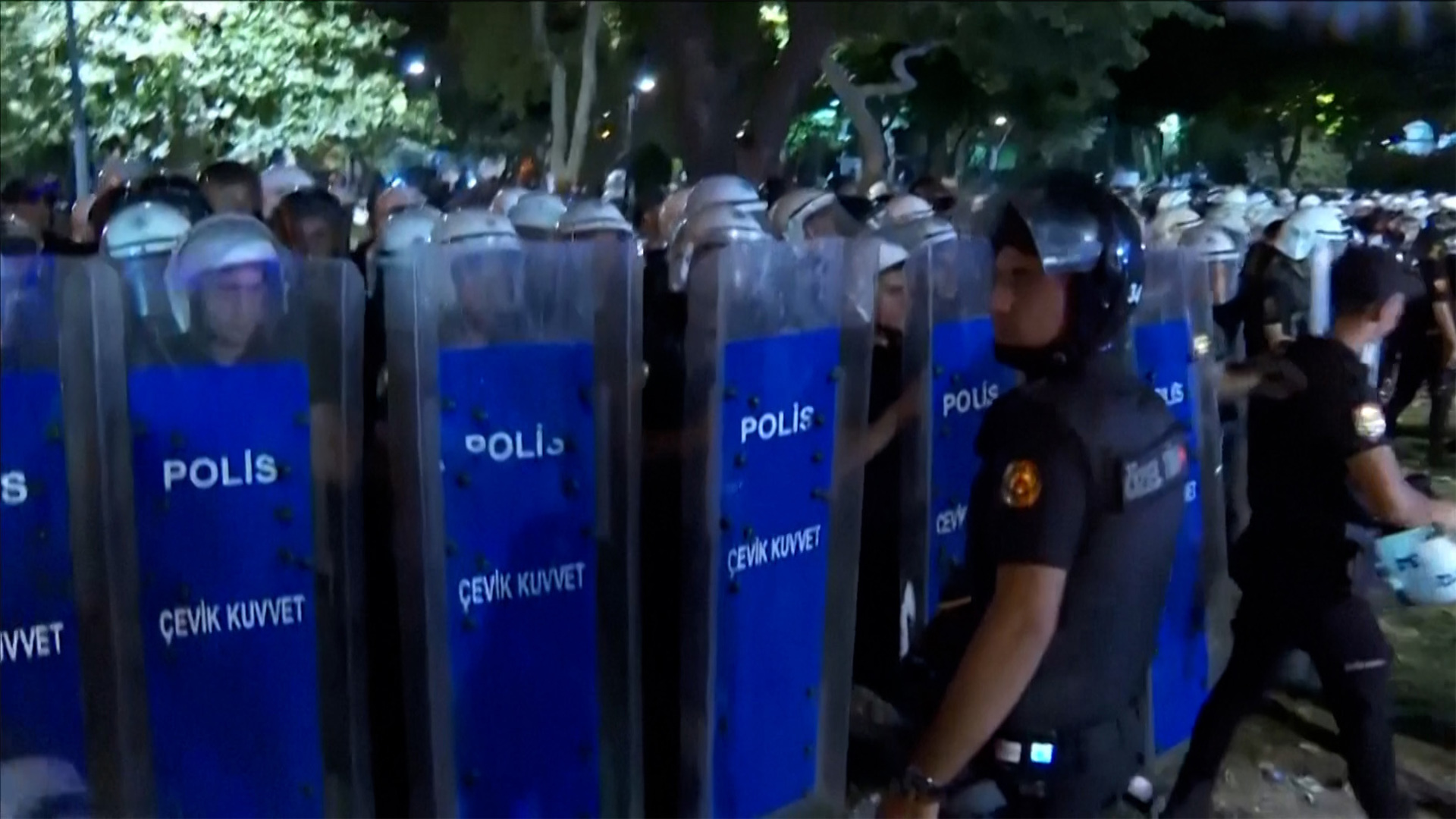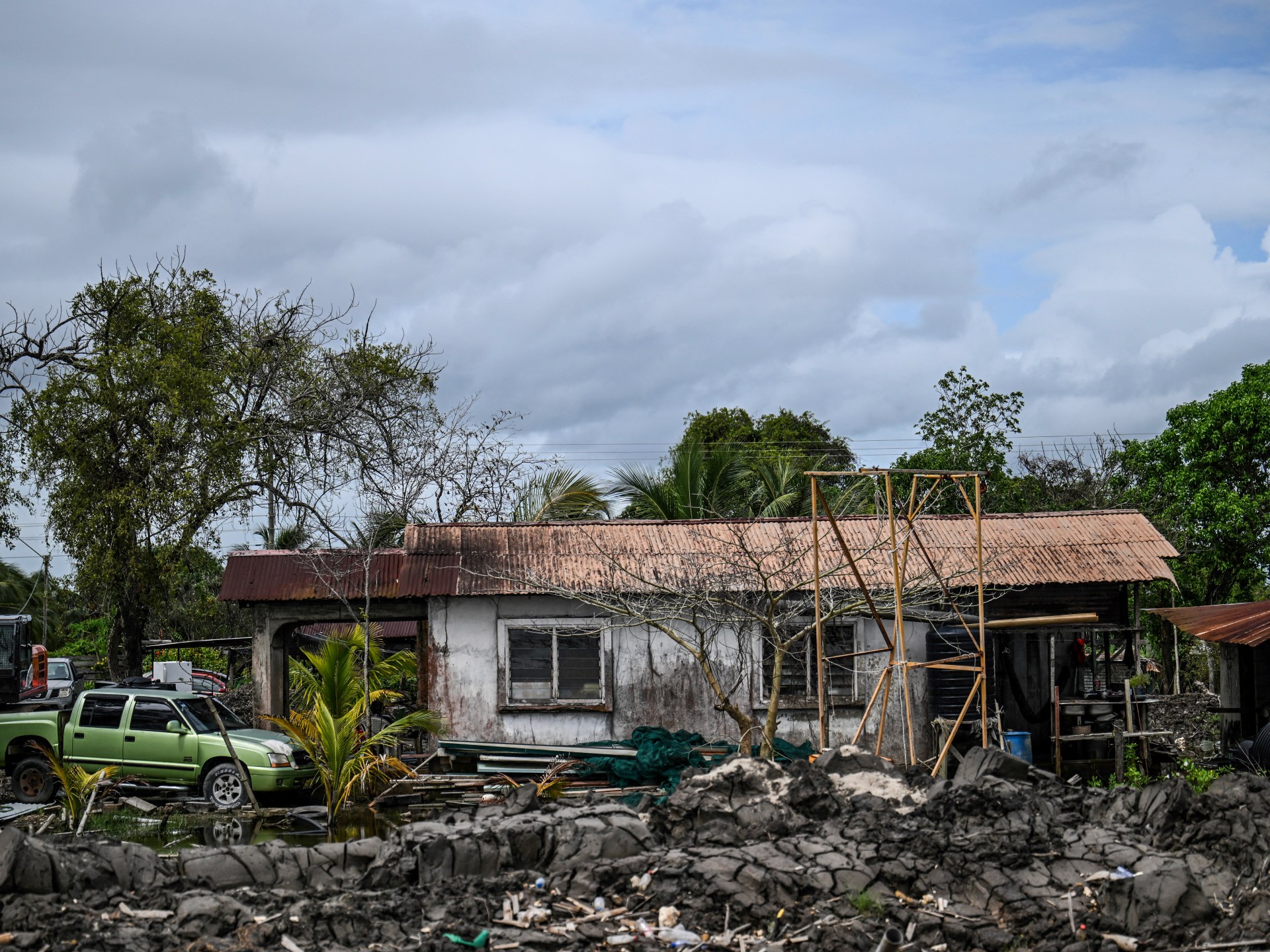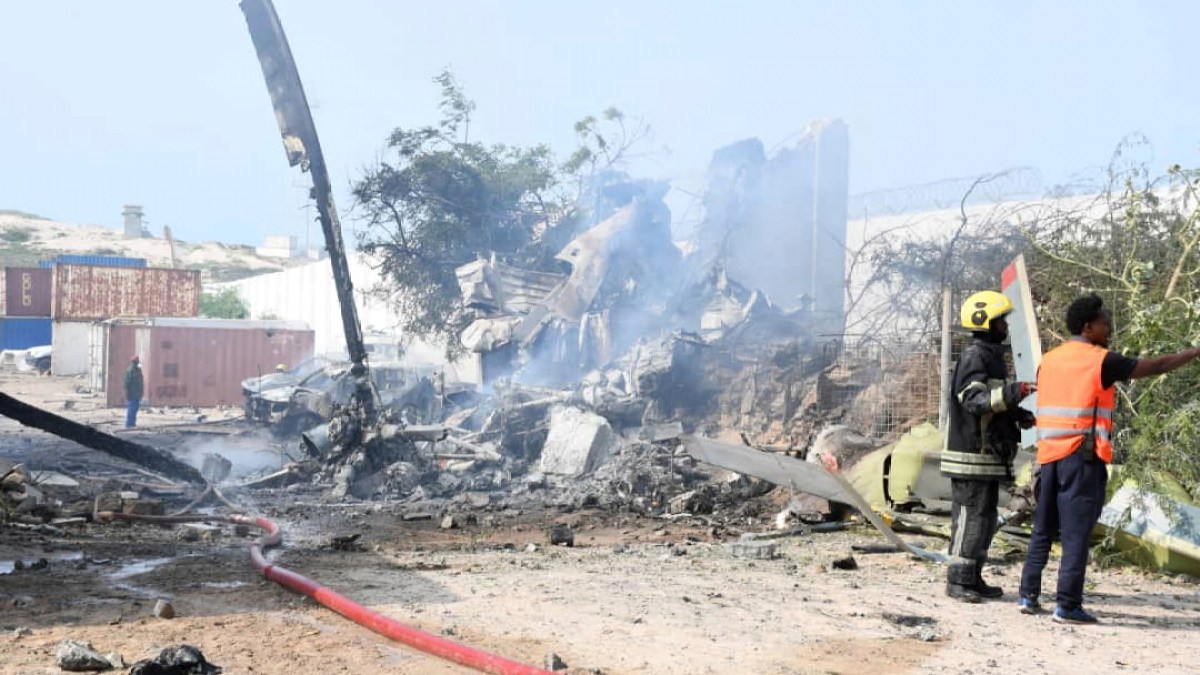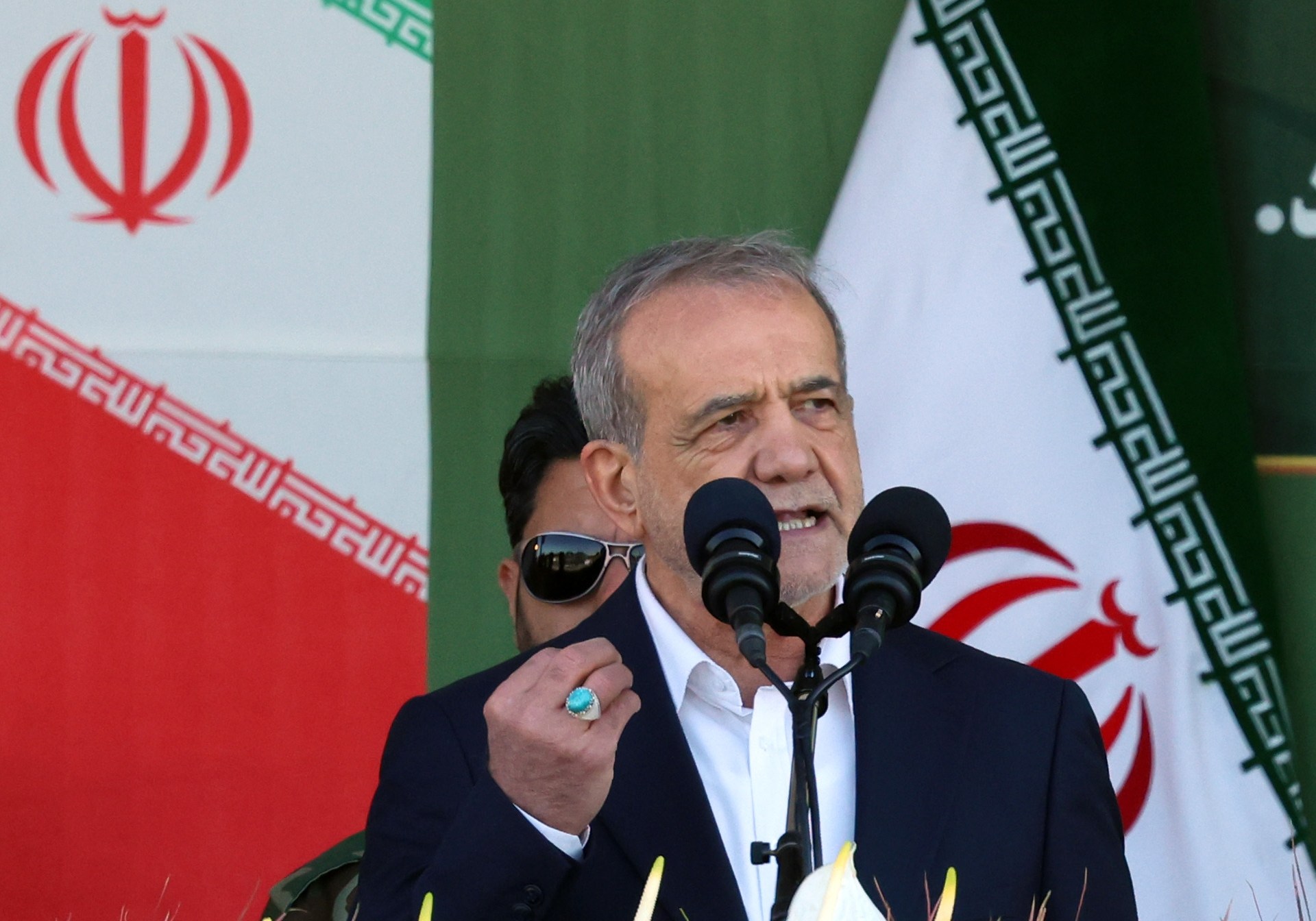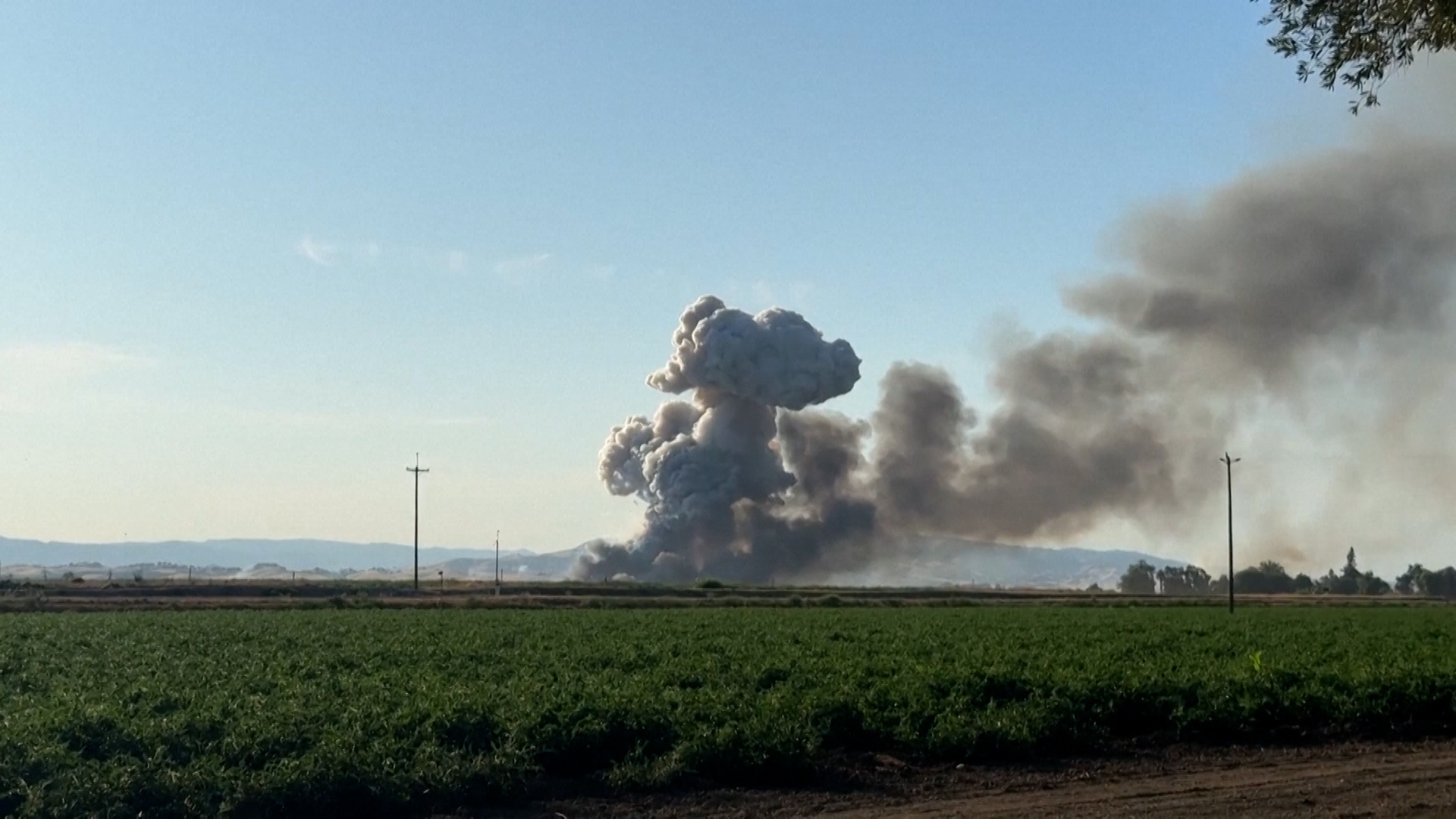After ordering the United States military to bomb Iran last month, US President Donald Trump made a brief address at the White House to laud the “massive precision strike” that had allegedly put a “stop to the nuclear threat posed by the world’s number one state sponsor of terror”.
The speech, which lasted less than four minutes, ended with the invocation of God’s name no fewer than five times in a span of seven seconds: “And I wanna just thank everybody and in particular, God. I wanna just say, ‘We love you God, and we love our great military – protect them.’ God bless the Middle East, God bless Israel, and God bless America.”
Of course, the terminology deployed in the speech was problematic before we even got to the rapid-fire mention of the Almighty by a man who has never been particularly religious. For one thing, Iran simply lacks the credentials to qualify as the world’s “number one state sponsor of terror”; that position is already occupied by the US itself, which, unlike Iran, has spent the entirety of its contemporary history bombing and otherwise antagonising folks in every last corner of the Earth.
The US has also continued to serve as the number one state sponsor of Israel, whose longstanding policy of terrorising Palestinians and other Arabs has now culminated in an all-out genocide in the Gaza Strip, as Israel seeks to annihilate the territory and its inhabitants along with it.
But anyway, “God bless Israel.”
This, to be sure, was not the first time that Trump relied on God to sign off on worldly events. Back in 2017, during the man’s first stint as president, the deity made various appearances in Trump’s official statement following a US military strike on Syria. God, it seems, just can’t get enough of war.
God made a prominent return in January 2025, taking centre stage in Trump’s inauguration speech – yet another reminder that the separation of church and state remains one of the more transparently disingenuous pillars of American “democracy.” In his address, the president revealed the true reason he had survived the widely publicised assassination attempt in Pennsylvania in July 2024: “I was saved by God to make America great again.”
Part of making America great again was supposed to be focusing on ourselves instead of, you know, getting wrapped up in other people’s wars abroad. But the beauty of having God on your side means you really don’t have to explain too much in the end; after all, it’s all divine will.
Indeed, Trump’s increasing reliance on the Almighty can hardly be interpreted as a come-to-Jesus moment or a sudden embrace of the faith. Rather, God-talk comes in handy in the business of courting white evangelical Christians, many of whom already see Trump himself as a saviour in his own right based on his valiant worldwide war on abortion, among other campaigns to inflict earthly suffering on poor and vulnerable people.
The evangelical obsession with Israel means Trump has earned big saviour points in that realm, as well. In 2019, for example, the president took to Twitter to thank Wayne Allyn Root – an American Jewish-turned-evangelical conservative radio host and established conspiracy theorist – for his “very nice words,” including that Trump was the “best President for Israel in the history of the world” and that Israeli Jews “love him like he’s the King of Israel”.
And not only that: Israelis also “love him like he is the second coming of God”.
Obviously, anyone with an ego as big as Trump’s has no problem playing God – especially when he already believes that his every proclamation should spontaneously be made reality, biblical creation story-style.
Former Arkansas governor and zealous evangelical Mike Huckabee, who once declared that “there is no such thing as a Palestinian” and who is now serving as Trump’s ambassador to Israel, has done his own part to encourage the president’s messiah complex, writing in a text message to Trump that “I believe you hear from heaven … You did not seek this moment. This moment sought YOU!”
So it was only fitting that Trump should thank and profess love for God after bombing Iran in accordance with Israel’s wishes – not that US and Israeli interests don’t align when it comes to sowing regional havoc and ensuring the flow of capital into arms industry coffers.
And yet, Trump is not the only US head of state to have enjoyed wartime communications with God. Recall the time in 2003 that then-President and “war on terror” chief George W Bush informed Palestinian ministers of his “mission from God”.
Palestinian Foreign Minister Nabil Shaath would go on to quote snippets from Bush’s side of the conversation: “God would tell me, ‘George, go and fight those terrorists in Afghanistan.’ And I did, and then God would tell me, ‘George, go and end the tyranny in Iraq.’ And I did.”
Now, Trump doesn’t like to take orders from anyone, even if they’re from on high. However, he’s made it clear that he’s not opposed to ingratiating himself with God in the interest of political expediency.
Some evangelical adherents see the current upheaval in the Middle East as potentially expediting the so-called “end times” and the second coming of Jesus – which means the more war, the better. And the more that God can be portrayed as an ally in US and Israeli-inflicted devastation, the better for Trump’s delusions of deification.
